You’ve set your eyes on that international destination and are super stoked to book your flight to that country that’s been on your wish list for ages. Well, international travel can be stressful - even for a seasoned globetrotter. But for a first-timer, it can feel outright overwhelming. First, there’s all the pre-preparation like obtaining a passport if you don’t already have one, applying for visas, planning out where you’ll stay and how to get from point A to B. And then, after a long flight, you have to orient yourself in a foreign country, where the time zone, language and the currency may be different from what you’re used to. Not to mention any surprises that are likely to pop up along the way.
But the beauty in travel lies in the fact that you don’t need to know everything; it’s a learning process. As long as you’re equipped with some basic knowledge to cover the most important aspects of first international travel, you’ll have room to grow and learn and build some confidence for your next trip abroad.
With this in mind, preparing for international travel ahead of time will make for a smoother journey. Here are a few international travel tips to get you ready for your first trip abroad.
1. Choosing the destination

Perhaps you’ve been dreaming for a long time about seeing elephants in Thailand or visiting the koalas in Australia. Maybe you don't know where exactly, but you just know you need to go. If you’re overwhelmed by all the incredible places you can see now that you have a passport then it may be hard to choose which destination to visit on your first international trip. Ask yourself questions like Do you want to stay close to your home country or go far away, do you speak a foreign language, are you eager to make new friends, how ready are you for an adventure etc. that will help you zero in on the destination. Choose from around 470 international tour packages now.
2. Check your documents

Before you start booking flights, there are certain documents you need to make sure are in order. For starters, international travel requires an updated passport. You'll also want to make sure you have enough pages in your passport for visa stamps. While most countries only require a quarter page for their stamp, others may require a half of a page or more.
Once you have your passport sorted, it's time to check on visas. Many countries will offer US passport or visa holders a tourist visa on arrival. However, other destinations, like Australia or Vietnam require you to apply ahead of time, and often charge a fee. Make sure you check the visa requirements for your final destination and take care of any paperwork.
3. Give yourself a long booking runway

It's important to book international travel at least a month ahead of time to get the best ticket prices. Start looking for flights as soon as you have an idea of when you want to travel. You can use apps to keep track of flight deals for your desired destination. Make sure you’re taking advantage of mileage loyalty programs and travel rewards cards to get the most out of your flight.
4. Compare Transport and Stay before booking

Most international trips are going to require you to fly there, but for getting around your destination, consider other options such as buses or trains. Most international destinations have really good metro and bus system – I can be intimidating on the first day but a little help from their representative and you are good to go – and save a lot of money than the cabs. Rome 2 Rio is a great tool for seeking all the route options from point A to point B and figuring out which mode of transportation will be quickest and cheapest.
Take a look at your options before booking your accommodations. While hotels are always a good option, don't forget to do research on hostel, guesthouse, and Airbnb options where you’re traveling -- these offer you the chance to connect with other travelers and locals. Boutique hostels are becoming more common and are often times equipped with much nicer amenities than budget hotels.
5. Consider the not-so-common essentials
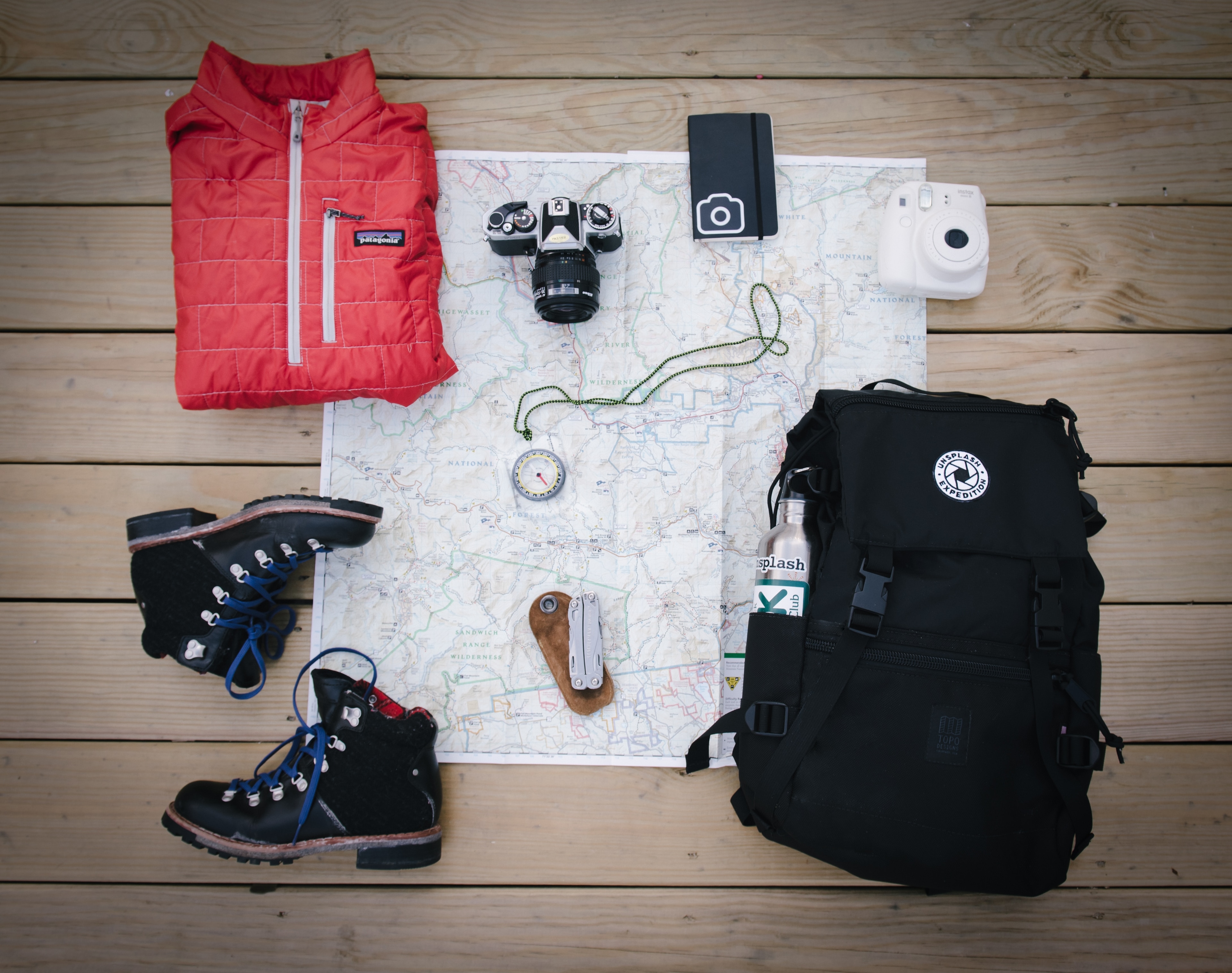
Whether or not you're the type who spends a lot of time thinking through what clothes you're taking on your travels, there are some essentials that you'll definitely want to bring along. For starters, a good item for any traveler to have is a digital luggage scale. This scale allows you to track the weight of your checked luggage. It comes in handy, especially on your return flight with all your souvenir purchases.
You'll also want to pick up a universal power adapter. It will keep all your electronic devices charged. Lastly, having a good sturdy pair of walking shoes is key. You'll likely be pounding the pavement during much of your sightseeing. A pair of all terrain walking sandals or trek shoes will keep you on the move, even if you get caught in the rain.
6. Pack right for the flight

Travel day is here, and you’ve arrived at the airport with your luggage. Most international flights will offer two checked bags. One of the best travel packing tip is to check with your airline to be sure how many pieces of luggage are allowed. Also, check the weather at your destination before departing to make sure you’re prepared.
Remember to pack any liquids or creams over three ounces in your checked bags, but keep your passport and important travel documents on your person while you're traveling. And when packing your carry-on bag, be sure to pack any medicines you're taking, something warm to wear for the flight, a travel pillow and a water bottle to fill up once you're in the airport terminal.
Also consider putting a toothbrush and a change of clothes in your carry-on bag, just in case your luggage doesn't meet you at your destination.
7. Get Travel Insurance

I know this sounds like a no-brainer, but you’d be surprised by how many people get too caught up in their trip itinerary plans to think of travel insurance. If you don’t already have it, you most definitely need it; safeguard against lost luggage or canceled flights can save you big bucks in the long run and give you peace of mind.
8. Give a heads up to your credit card issuer

You've finally arrived at your destination, and have begun making purchases. Just as you’re starting to get on a roll, your card is declined and you don't know why. It turns out this may have happened for your own protection without your knowledge. Credit card companies take foreign transactions pretty seriously. They want to make sure there's no funny business happening with your accounts. And if your issuer doesn't know you're the one suddenly making these foreign transactions, they could suspend your account. So before you head out on your tour, let your credit card company know you will be traveling. A simple phone call beforehand will save you a lot of trouble on the road and free you up to make the purchases you need. It’s also advisable to take a Forex Card to save money on those high exchange rates when making transactions. Always keep small amounts of cash on hand, and keep copies of the fronts and backs of all of your credit cards (as well as passports or IDs).
9. Be on time

It's recommended that you arrive at the airport at least three hours prior to when your international flight is scheduled to depart. Many people scoff at this, but you really do need that extra time, especially when you’re heading back home. Remember, when you travel internationally, you have to go through customs and immigration, in addition to normal security. This process takes time. You don’t want to miss your flight because you’re stuck in a long line. Give yourself the luxury of getting through the lines early so you can relax, enjoy some free WiFi and grab a snack.
10. Be Health-Conscious

If you happen to get a few bug bites or a scratch while traveling – especially internationally – make sure to clean and treat them carefully and quickly! Neglect to care for even the most minimal of flesh wounds could lead to serious discomfort and health issues. Keep in mind that most travel and health insurers do not cover medical fees internationally; although your insurance may reimburse you in the future, be prepared to front the cost of any potential hospital bills.
It’s better to be safe than sorry, so make sure you are aware of your surroundings, choose a safe place to stay and are alert when talking to locals. And above all, don’t forget to have fun and make memories because firsts are always special – and so will be your first international trip.
Written by: Aashima Kadakia
Creative ninja and a true follower of ‘Work, Save, Travel, Repeat’, I love to travel, experience places and bring back stories for a lifetime. Born and brought up in Ahmadabad, I like to visit the same old places, the same cliched tourist spots and destinations, but choose to see the unexplored in the old places. Always inclined towards the mighty mountains in their debate with the beaches!






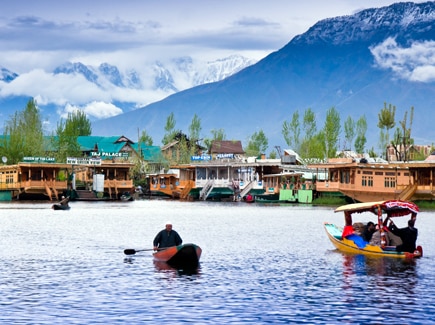






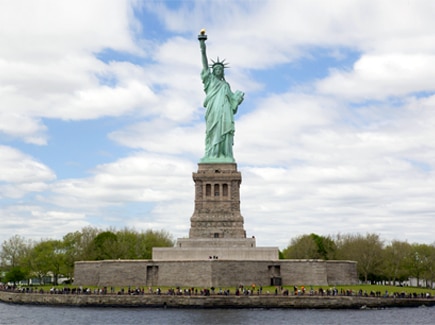












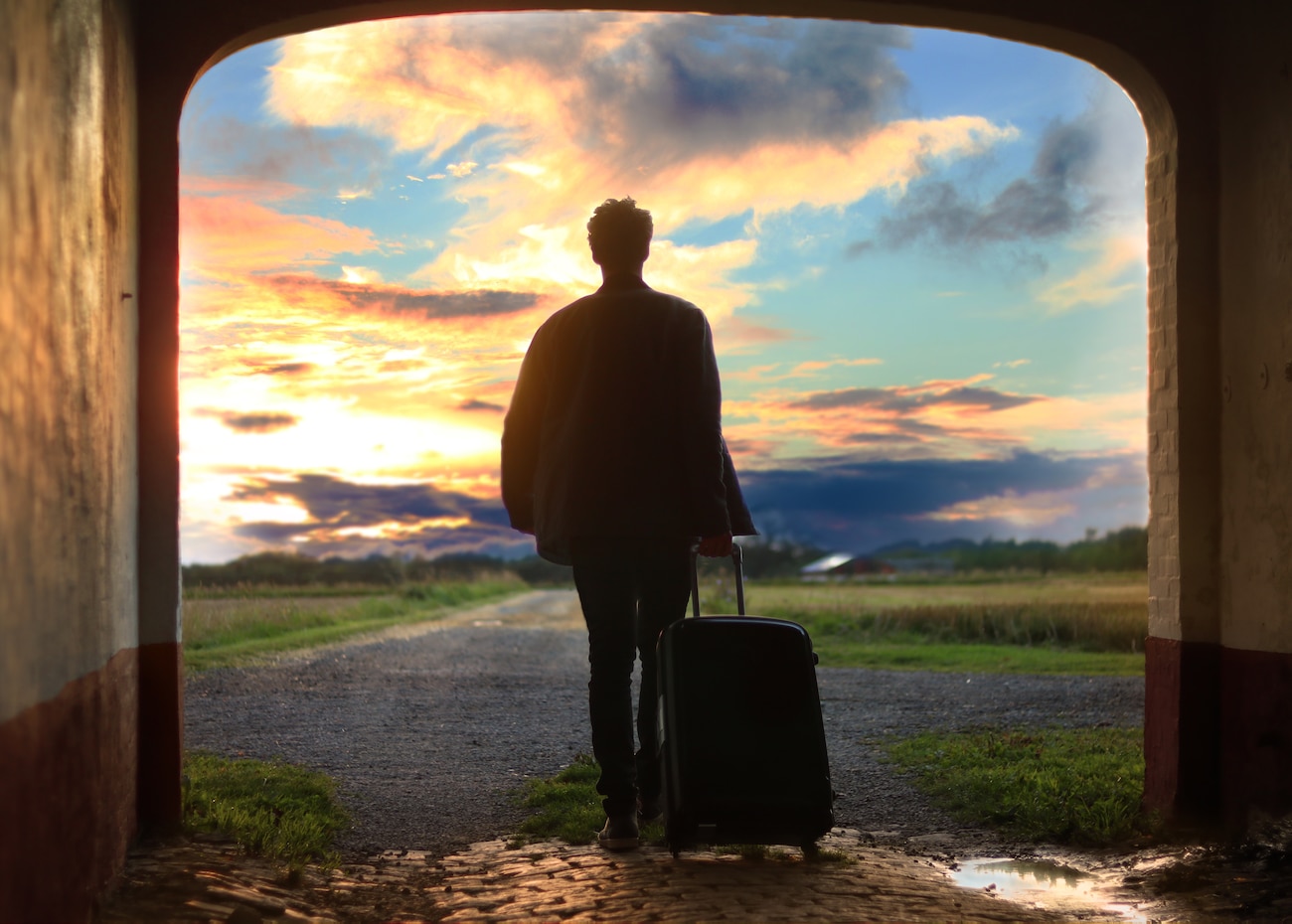



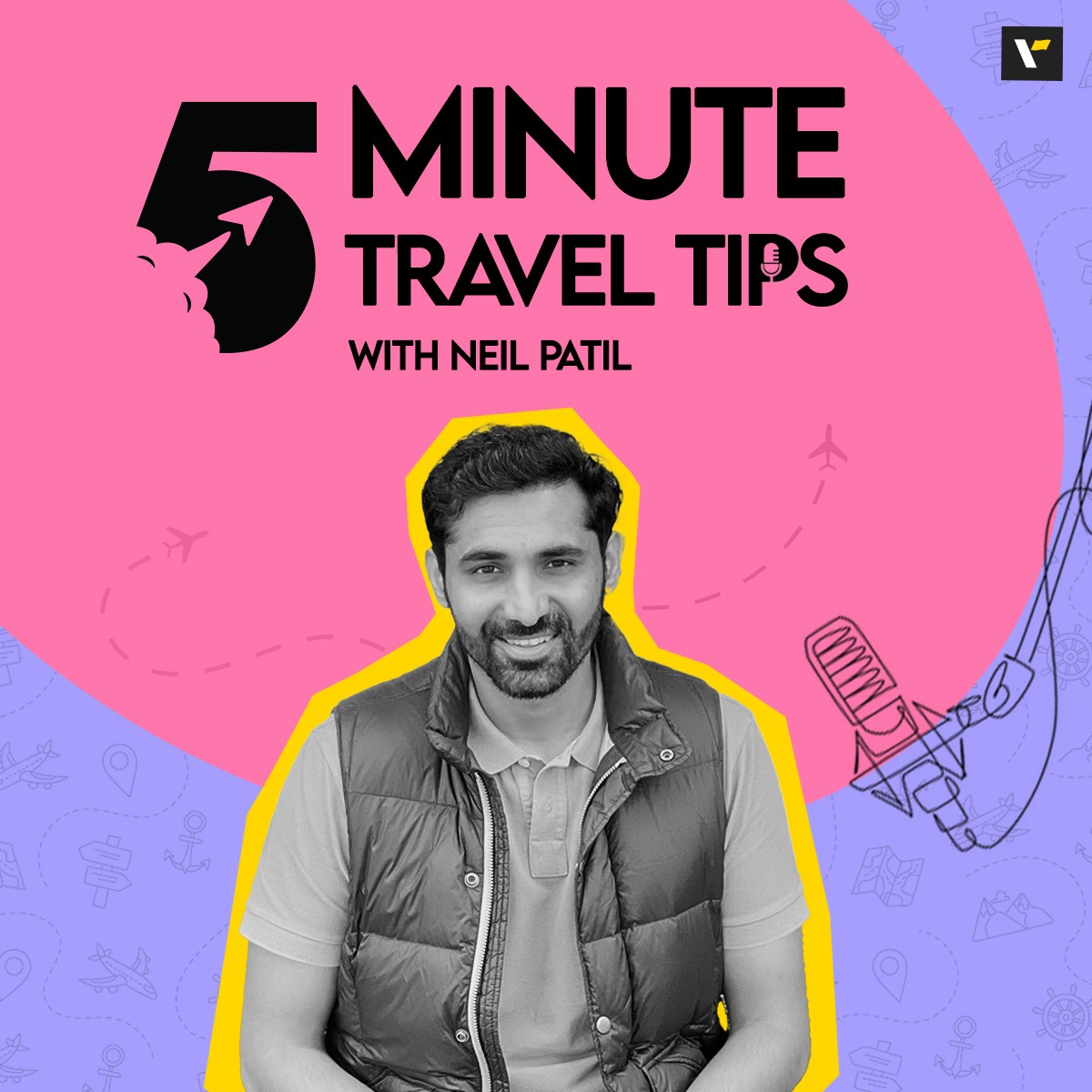




















Post your Comment
Please let us know your thoughts on this story by leaving a comment.